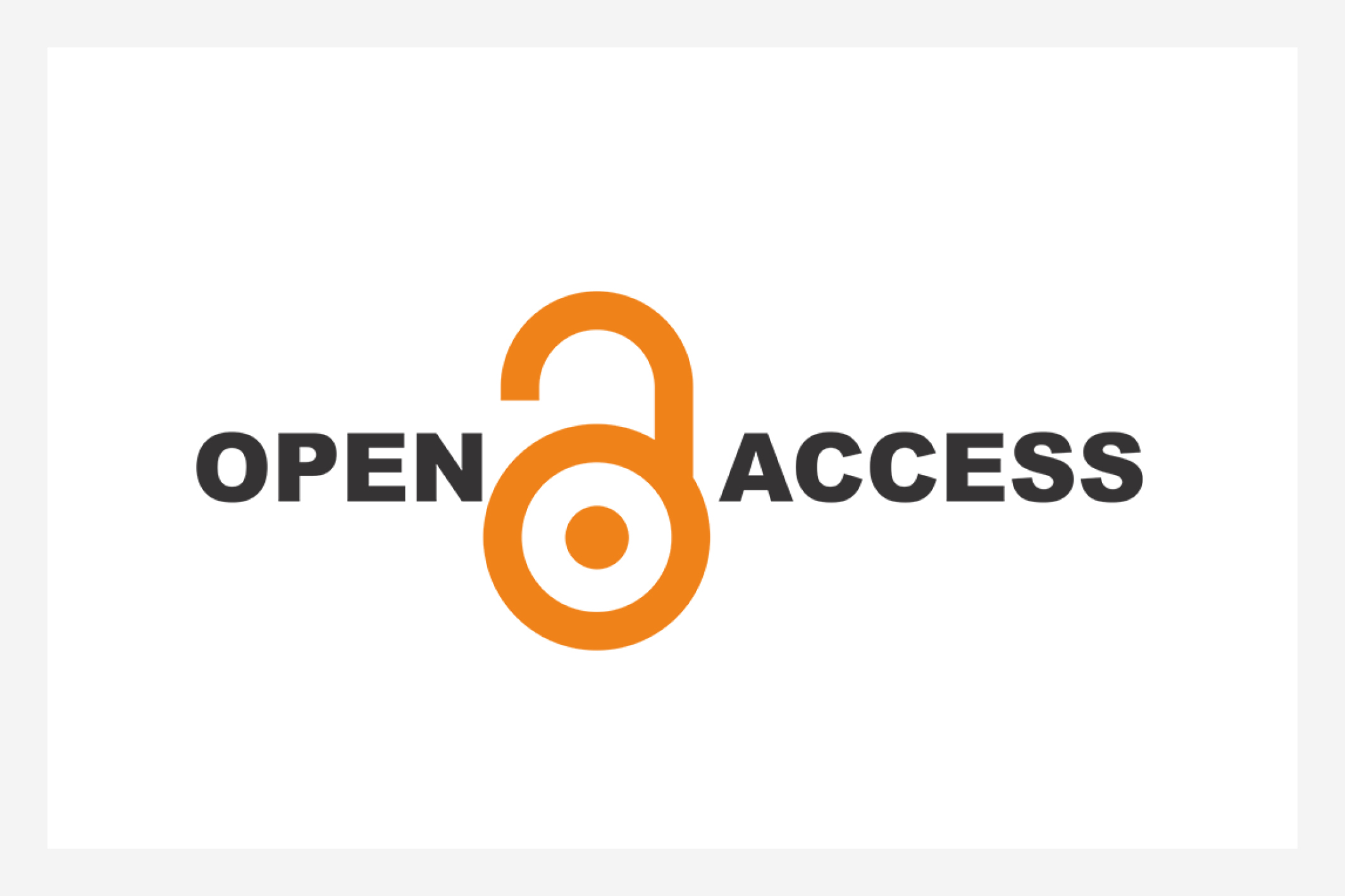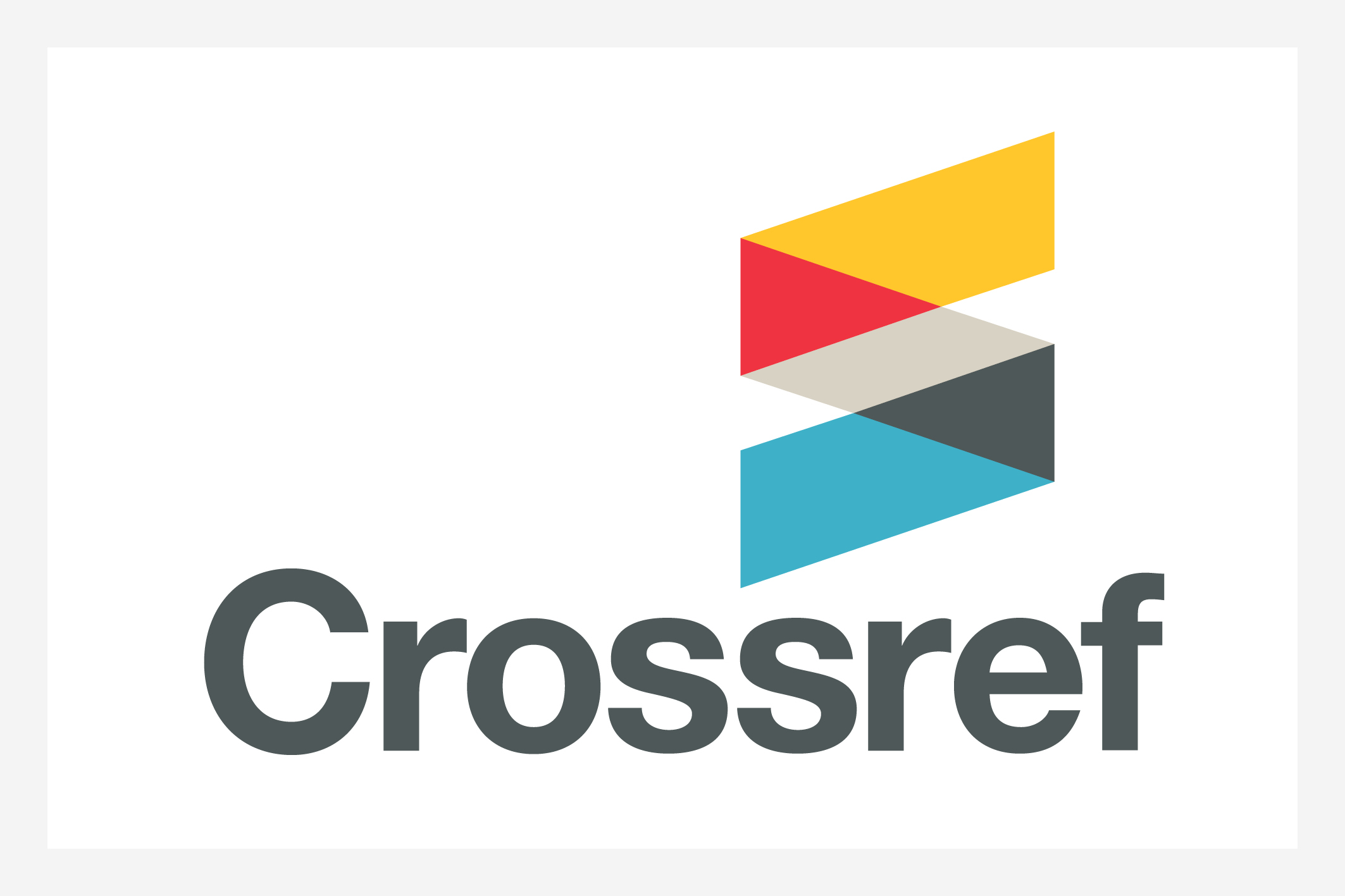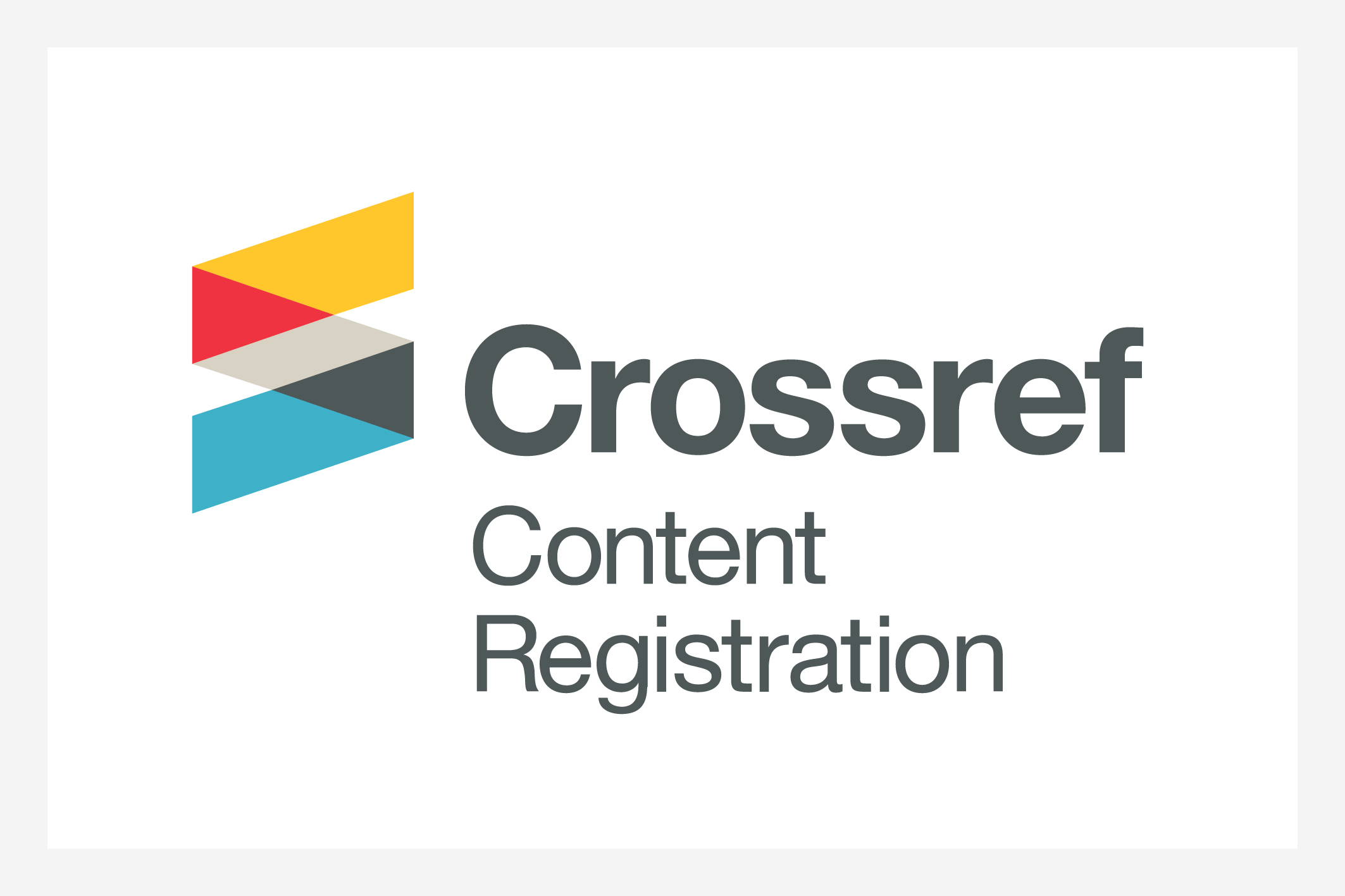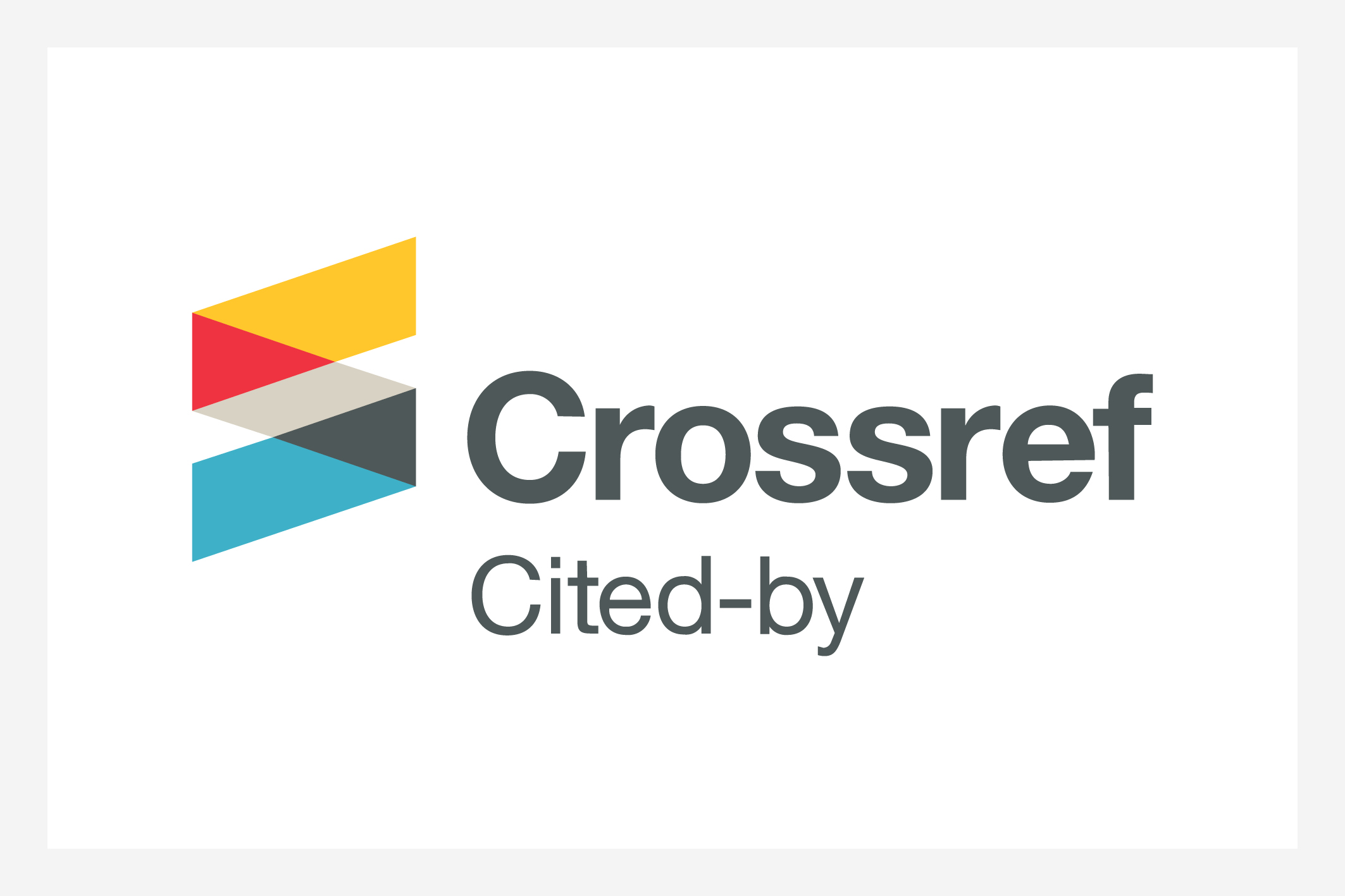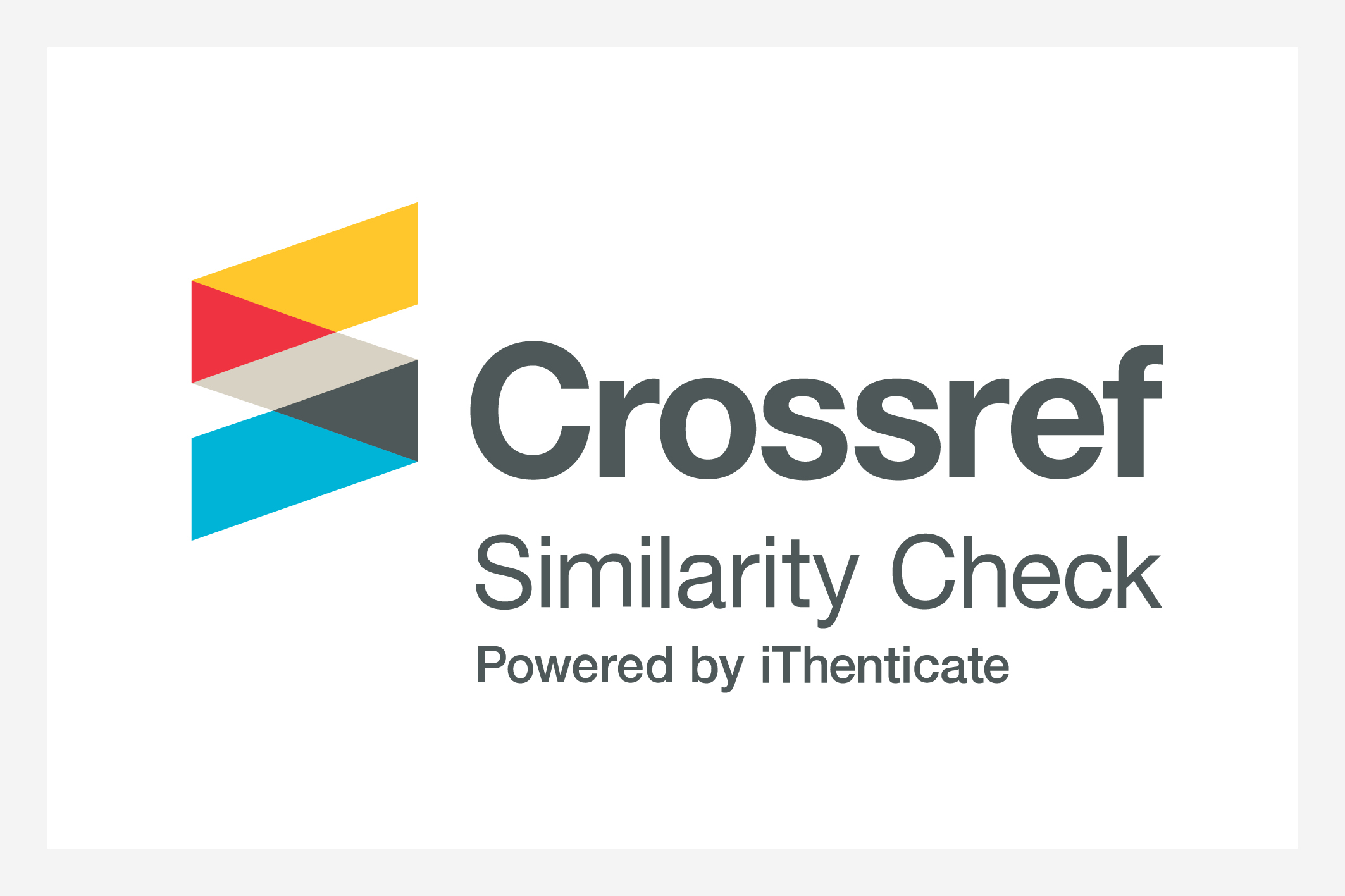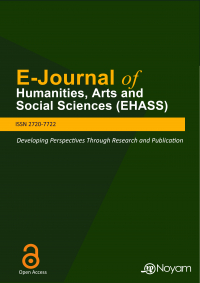
Leveraging Legal Technology to Enhance Legal Awareness and Access to Justice in Underserved Communities
Issue: Vol.6 No.10 Article 22 pp.2544 – 2555
DOI: https://doi.org/10.38159/ehass.202561022 | Published online 29th September, 2025
© 2025 The Author(s). This is an open access article under the CCBY license (http://creativecommons.org/licenses/by/4.0/).
This study explored how legal technology can be utilized to enhance legal awareness and improve access to justice, with a specific focus on underserved communities. The primary objective was to examine the opportunities and challenges that technology presents in democratizing legal information and promoting legal literacy. The study adopted a qualitative approach, drawing on case studies, literature reviews, and analysis of technological tools such as AI-driven platforms, online legal services, mobile applications, and e-government initiatives. Findings reveal that legal technology significantly improves access to legal information, simplifies complex legal concepts, and provides personalized legal solutions. However, barriers, such as the digital divide, data privacy concerns, and resistance from traditional legal practitioners, limit its effectiveness, particularly in marginalized regions. The study highlights the critical need to address these challenges through enhanced digital infrastructure, regulatory frameworks, and greater collaboration between legal professionals and technology developers. Recommendations include expanding digital legal education, integrating legal technology into formal legal training, and ensuring robust data protection standards. This research contributes to the growing scholarship on legal technology by emphasizing its potential to empower individuals, foster legal awareness, and advance social justice, particularly for those historically excluded from legal resources.
Keywords: Legal Awareness, Legal Technology, AI-Driven Platforms, Legal Practitioner
Abhay, G. “Impact of Legal Awareness and Women Empowerment: A Quantitative Analysis of Working Women .” Journal of Critical Reviews 7, no. 2 (2020): 1–8.
Ahmmed, Md Emran. “Access to Justice for Illiterate Women in the Southern Char Areas of Bangladesh.” Available at SSRN 4574794, 2023.
Amin, Maryam, Jim Yuan Lai, Paul A Lindauer, Karen McPherson, and Hiba Qari. “Should Dental Schools Adopt Teledentistry in Their Curricula? Two Viewpoints.” Journal of Dental Education 85, no. 7 (2021): 1238–44.
Ananda, P. R., and Y. Indarsih. “ The Role of Legal Education in Raising Awareness of Financial Institutions on the Prevention of Money Laundering Crime in Property Transactions.” Indo-MathEdu Intellectuals Journal 4, no. 2 (2023): 1225–36.
Ang, B., M. A. Rahman, and Y. L. Teo. “Legal Strategies for Combating Fake News and Misinformation.” Interdisciplinary Studies in Society, Law, and Politics 2, no. 1 (2023): 24–30.
Artzt, Alice F, Eleanor Armour-Thomas, Frances R Curcio, Theresa J Gurl, and Mara P Markinson. Becoming a Reflective Mathematics Teacher: A Guide for Observations and Self-Assessment. Routledge, 2015.
Azamat, Xudaybergenov. “Toward Legal Recognition of Artificial Intelligence Proposals for Limited Subject-of-Law Status,” n.d.
Babikian, S. “The Role of Legal Frameworks in Protecting Digital Artifacts: Artists’ and Collectors’ Perspectives.” Interdisciplinary Studies in Society, Law, and Politics 2, no. 4 (2023): 18–24.
Bell, Nathaniel, Peiyin Hung, Ana Lòpez‐De Fede, and Swann A Adams. “Broadband Access within Medically Underserved Areas and Its Implication for Telehealth Utilization.” The Journal of Rural Health 39, no. 3 (2023): 625–35.
Berg, L N. “Transformation of Legal Impact in the Context of the Modern Information and Technological Structure (Case Study of the Relations Connected with Genomic Information).” In SHS Web of Conferences, 134:00117. EDP Sciences, 2022.
Brooks, Mary, Kenton R Holden, Reyna M Durón, James T McElligott, and Andrea Summer. “Feasibility of Developing a Pediatric Telehealth Network in Honduras with International Consultation Support.” Rural and Remote Health 17, no. 2 (2017): 1–7.
Brunetti, Federico, Dominik T Matt, Angelo Bonfanti, Alberto De Longhi, Giulio Pedrini, and Guido Orzes. “Digital Transformation Challenges: Strategies Emerging from a Multi-Stakeholder Approach.” The TQM Journal 32, no. 4 (2020): 697–724.
Deng, Xuefei, and Sheng Yi. “The Digital Divide in Online Education: A Study of Underserved College Students,” 2022. https://doi.org/10.24251/HICSS.2022.624.
Ermakova, Elena P. “Features of Online Settlement of Consumer Disputes by E-Commerce Platforms in the People’s Republic of China.” Journal of Digital Technologies and Law 1, no. 3 (2023).
Fang, Chengyu, J. Nan Wilkenfeld, Nitzan Navick, and Jennifer L. Gibbs. “‘AI Am Here to Represent You’: Understanding How Institutional Logics Shape Attitudes Toward Intelligent Technologies in Legal Work.” Management Communication Quarterly 37, no. 4 (November 17, 2023): 941–70. https://doi.org/10.1177/08933189231158282.
Goncearenco, Ludmila. “Legal Aid Delivery: Technology, pro Bono Services, and Collaborative Funding Models.” Development Through Research and Innovation, 2023, 8–20.
Hassan, A. Islam and Christianity in Ghana: Interfaith Relations and Societal Impact. Accra: Accra University Press., 2019.
Here Bessie, J. C. D., and D. G. Rudy. “ Consumer Protection for Losses Arising from the Use of Auto Pilot-Based Technology in Indonesia.” Policy Law Notary and Regulatory Issues (Polri) 3, no. 1 (2023): 106–12.
Hidayah, Nur Putri, and Galih Wasis Wicaksono. “Legal Knowledge Management System on Family Law for Society.” Jurnal Hukum Novelty 11, no. 1 (2020): 68–85.
Hongdao, Qian, Sughra Bibi, Asif Khan, Lorenzo Ardito, and Muhammad Bilawal Khaskheli. “Legal Technologies in Action: The Future of the Legal Market in Light of Disruptive Innovations.” Sustainability 11, no. 4 (2019): 1015.
Hongdao, Qian, Sughra Bibi, Dahai Mu, Asif Khan, and Asad Raza. “Legal Business Model Digitalization: The Post COVID-19 Legal Industry.” Sage Open 12, no. 2 (2022): 21582440221093984.
Khan, Fatima. “Does the Right to Dignity Extend Equally to Refugees in South Africa?” African Human Rights Law Journal 22, no. 2 (January 27, 2023): 1–24. https://doi.org/10.17159/1996-2096/2020/v20n1a10.
Kirillova, Elena Anatolyevna, Teymur El’darovich Zulfugarzade, Oleg Evgenyevich Blinkov, Olga Aleksandrovna Serova, and Irina Aleksandrovna Mikhaylova. “Prospects for Developing the Legal Regulation of Digital Platforms.” Jurídicas Cuc 18, no. 1 (2022): 35–52.
Klochko, Alona, Mykola Kurylo, Oleh Rohovenko, Nataliia Volchenko, and Assol Shulzhenko. “The Legal Regulation of Artificial Intelligence Security in Ukrainian Banking,” 2024.
Kutovaya, A N, and K R Khadzhi. “Online Dispute Resolution: International, Domestic and Private Practices and Further Prospects for Development.” International Trade and Trade Policy, no. 4 (2020).
Lageson, Sarah Esther. “Crime Data, the Internet, and Free Speech: An Evolving Legal Consciousness.” Law & Society Review 51, no. 1 (2017): 8–41.
Lez’er, Victoria, Nina Semeryanova, and Elena Grigorovich. “Clarification and Analysis of the Concept of ‘Legal Reality.’” In E3S Web of Conferences, 135:04061. EDP Sciences, 2019.
McFaul, Hugh, Elizabeth FitzGerald, Francine Ryan, and David Byrne. “A Mobile App for Public Legal Education: A Case Study of Co-Designing with Students.” Research in Learning Technology 28 (2020).
Moreno‐Vasquez, Andrea, Eduardo Gandara, Annette Z Idar, Pamela Recto, Jose Zapata Jr, and Janna Lesser. “Developing and Implementing a Co‐curricular IPE Program: AHEC Scholars Program.” Public Health Nursing 38, no. 6 (2021): 1080–87.
Muthaqin, Dwi Iman, and Baeihaqi Baeihaqi. “Strengthening Legal Knowledge Through E-Legal Basic Learning Methods.” In Annual Civic Education Conference (ACEC 2021), 503–6. Atlantis Press, 2022.
Navas, Susana. “The Provision of Legal Services to Consumers Using LawTech Tools: From ‘Service’ to ‘Legal Product.’” Open Journal of Social Sciences 7, no. 11 (2019): 79–103.
Ng, Boon Peng, Chanhyun Park, Ciara L Silverman, Dawn O Eckhoff, Janeen C Guest, and Desiree A Díaz. “Accessibility and Utilisation of Telehealth Services among Older Adults during COVID‐19 Pandemic in the United States.” Health & Social Care in the Community 30, no. 5 (2022): e2657–69.
Nhemachena, Archwell, Munyaradzi Mawere, and Oliver Mtapuri. “Operation Dudula, Xenophobic Vigilantism and Sovereignty in Twenty-First Century South Africa.” Sovereignty Becoming Pulvereignty: Unpacking the Dark Side of Slave 4.0 Within Industry 4.0 in Twenty-First Century Africa, 2022, 153–74.
Nhemi, Shila. “Law Without Lawyers: Examining the Limitations of Consumer-Centric Legal Tech Services.” Journal of Intellectual Property and Information Technology Law (JIPIT) 3, no. 1 (November 28, 2023): 15–76. https://doi.org/10.52907/jipit.v3i1.223.
Pennycook, Gordon, and David G Rand. “Fighting Misinformation on Social Media Using Crowdsourced Judgments of News Source Quality.” Proceedings of the National Academy of Sciences 116, no. 7 (2019): 2521–26.
Rabiat Mafara, Musa, and Adamu Nurradin Kanon Haki. “Imperatives of Online Learning in Tertiary Institutions During COVID-19 Pandemic.” Journal of Institute of Africa Higher Education Research and Innovation (IAHERI) 1, no. 1 (2024).
Rajendra, Josephine Bhavani, and Ambikai S Thuraisingam. “Artificial Intelligence and Its Impact on the Legal Fraternity.” UUM Journal of Legal Studies (UUMJLS) 13, no. 1 (2022): 129–61.
Repina, Alevtina. “Artificial Intelligence In Legal Services: State-of-Art And Users’ Expectations In Russia.” Higher School of Economics Research Paper No. WP BRP 104 (2019).
Retno, Bayu, Harun Samsuddin, Elly Yuniar Nitawati, Djoko Soelistya, and Flora Grace Putrianti. “Human Resource Management Strategy the Role of Managers and Career Development.” Jurnal Ilmiah Manajemen Kesatuan 12, no. 4 (2024): 951–60.
Samuel-Okon, Amaka Debie, Omobolaji Olateju, Samuel Ufom Okon, Oluwaseun Oladeji Olaniyi, and Udochukwu Igwenagu. “Formulating Global Policies and Strategies for Combating Criminal Use and Abuse of Artificial Intelligence.” Available at SSRN 4873822, 2024.
Savira, Jennyola, Benny Djaja, and Maman Sudirman. “Polemic of Artificial Intelligence (AI) Technology on the Development of Human Resources, Especially in Legal Practitioners.” Edunity: Social and Educational Studies 2, no. 10 (2023): 1089–95.
Sidiq, Fahmi, Chun Wang, and Grida Saktian Laksito. “Community Empowerment Through Legal Counseling: Increasing Legal Awareness and Justice for Women and Children in Cijeruk Hamlet, Tasikmalaya City.” International Journal of Research in Community Services 5, no. 1 (2024): 51–54.
Sivova, Svetlana A. “Categorization Of Legal Realities In Modern Russian Science.” European Proceedings of Social and Behavioural Sciences, 2022.
Soukupová, Jana. “AI-Based Legal Technology: A Critical Assessment of the Current Use of Artificial Intelligence in Legal Practice.” Masaryk University Journal of Law and Technology 15, no. 2 (2021): 279–300.
Susskind, Richard. Online Courts and the Future of Justice. Oxford University Press, 2019.
Lubabalo Mjadu, LLB, LLM (Cum Laude) Department of School of Law, Faculty of Law, Humanities and Social Sciences, Walter Sisulu University, South Africa.
Mjadu, Lubabalo.“ Leveraging Legal Technology to Enhance Legal Awareness and Access to Justice in Underserved Communities,” E-Journal of Humanities, Arts and Social Sciences 6, no. 10 (2025): 2544 – 2555, https://doi.org/10.38159/ehass.202561022.
© 2025 The Author(s). Published and Maintained by Noyam Journals. This is an open access article under the CCBY license (http://creativecommons.org/licenses/by/4.0/).



